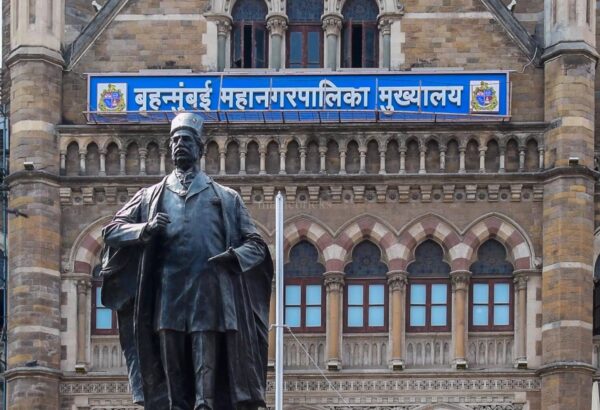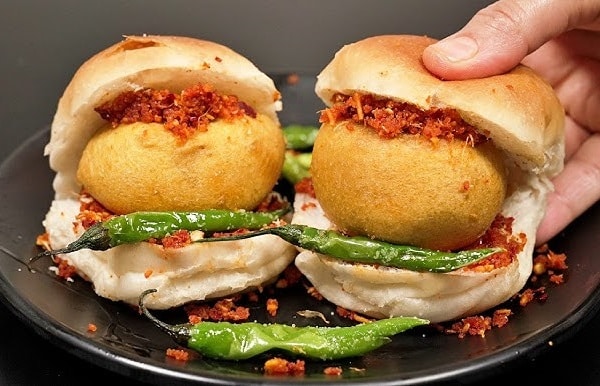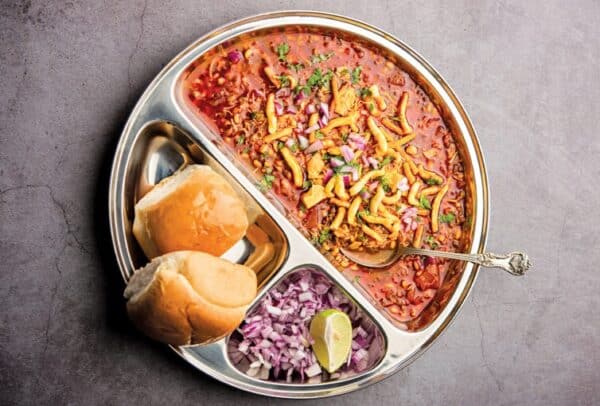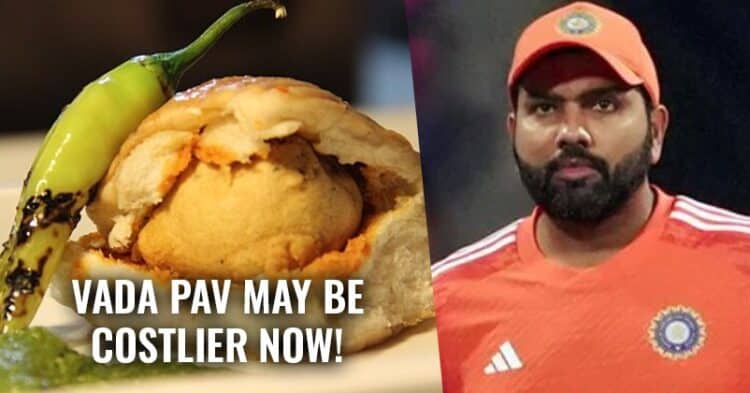The Brihanmumbai Municipal Corporation (BMC) has issued a directive requiring bakeries, hotels, eateries and roadside vendors to transition from wood and charcoal to cleaner fuel alternatives by July 8, warning of strict action against non-compliance.

The move, aimed at curbing air pollution, has sparked concerns among politicians, bakers and street food vendors who fear that the decision could disrupt the supply of pav and lead to a rise in the prices of popular snacks such as vada pav and misal pav.
The Indian Bakers Association, in a letter to the authorities, emphasised that vada pav is an essential part of Mumbai’s daily life and any disruption in its production could create widespread inconvenience. The association expressed concerns about the economic and logistical challenges of shifting to alternative fuels, particularly in smaller bakeries and roadside establishments.
The BMC clarified that the directive follows a Bombay High Court ruling from January 9, which granted businesses six months to adopt cleaner fuel sources, citing the adverse effects of wood and charcoal burning on air quality and public health. The civic body warned that businesses failing to comply would face legal consequences.

In response to the directive, members of the Indian Bakers Association raised objections, stating that they were not consulted before the decision was implemented. They argued that switching to electricity-based baking methods is financially unfeasible for many small businesses. The suggested alternatives, such as LPG and PNG, also present safety concerns, as bakeries require large quantities of fuel, increasing the risk of accidents. Additionally, many areas in Mumbai lack the necessary infrastructure for PNG supply, further complicating the transition.
Political leaders have also weighed in on the matter. A Samajwadi Party MLA urged the BMC to hold discussions with stakeholders before enforcing the ban, pointing out that the price of pav could increase from Rs 3 to Rs 5, impacting the affordability of street food staples. The MLA called for a balanced approach that supports environmental goals without causing financial strain on small businesses.

Meanwhile, former BJP corporator Makarand Narwekar has appealed to the Chief Minister to grant heritage status to Mumbai’s iconic Irani cafes and traditional bakeries. He argued that wood-fired ovens are an integral part of the city’s culinary history, contributing to the unique taste and aroma of their baked goods. According to Narwekar, forcing these establishments to switch to modern ovens would alter their traditional flavors and erase a part of Mumbai’s cultural identity. Drawing comparisons to international heritage preservation efforts, he highlighted that historic restaurants in cities like New York are granted exemptions from regulations to maintain traditional cooking techniques.
As the deadline for compliance approaches, stakeholders continue to voice their concerns, calling for a more pragmatic solution that balances environmental responsibility with the preservation of Mumbai’s rich food culture.
What is your take on this matter? Let us know.






